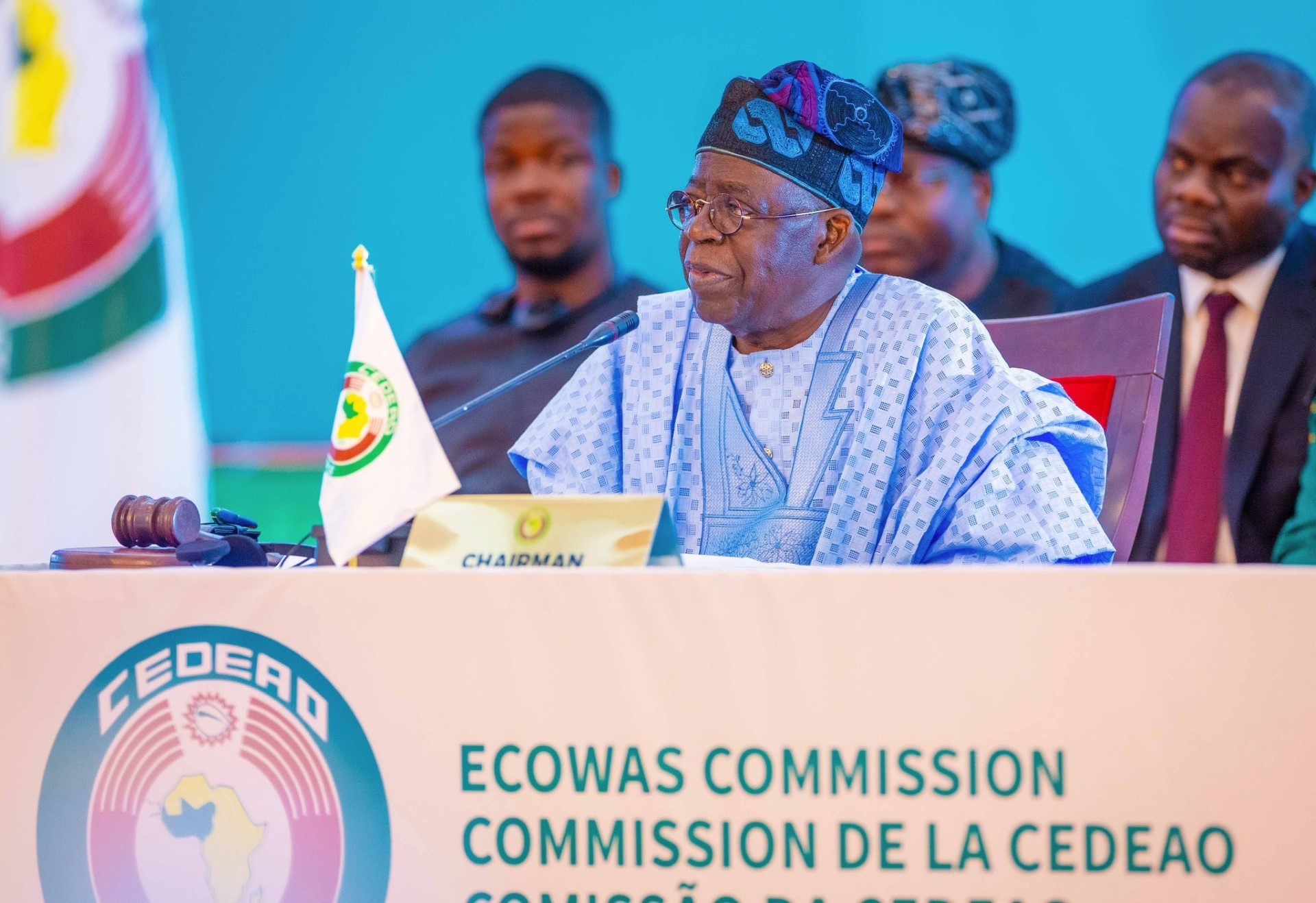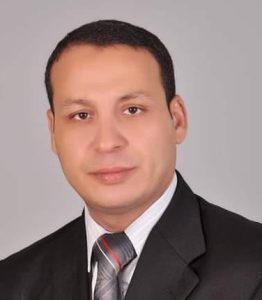The Economic Community of West African States (ECOWAS) is increasingly inclined to embrace the strategy of appeasement when dealing with the leaders of military councils in West African countries. This entails a reduction in sanctions, the provision of financial assistance for counterterrorism efforts in Niger, Mali, and Burkina Faso, and a retreat from escalatory rhetoric and the option of military intervention. Several compelling factors appear to be steering the organization towards this new approach, including the heightened security challenges, the widening regional division and polarization, the defiance of military coup leaders against sanctions, and the initiatives of international and regional mediation.
Factors Exerting Pressure
The 64th Ordinary Summit of ECOWAS leaders occurred in the Nigerian capital, Abuja, on December 10, where discussions revolved around the crises in the region marked by instability. The organization’s president, Omar Toray, stated at the summit’s outset, “Unfortunately, the military authorities in Niger expressed little regret while maintaining indefensible positions. They not only detained President Bazoum, his family, and members of his government but also the people of Niger.”
Earlier this month, Nigeria announced that it had requested the military regime in Niger to release Bazoum and allow him to travel to a third country, paving the way for discussions on lifting sanctions. This development raises numerous questions about the reasons that prompted ECOWAS to shift towards adopting the appeasement option and pursuing a “soft” policy with the leaders of military coups in the region, following a phase during which sanctions were imposed on these countries.
Several factors can be identified to explain this trend, with the most prominent being:
1. Escalation of Security Challenges: This is particularly evident following the collapse of the security bloc of the Sahel G5 countries, as highlighted in the announcements made by Chad and Mauritania on December 6th. These announcements paved the way for the dissolution of the regional coalition against terrorism, with an emphasis on respecting the sovereign decisions of Burkina Faso and Niger to withdraw from the coalition, mirroring Mali’s previous actions. This occurred shortly after the decisions of Burkina Faso and Niger to withdraw, raising concerns among ECOWAS leaders about the deteriorating security situation and the increasing terrorist attacks in the region. The instability caused by the expansion of military coups adds to these concerns.
2. Widening Regional Polarization: The organization grapples with the challenge of Mali, Niger, Burkina Faso, and Guinea being absent from its ranks due to the suspension of their memberships. Tensions have heightened between the leaders of these countries and the member states, as well as the neighboring countries in the region. This situation undermines the purpose of the regional bloc, which strives to achieve stability and peace in the region. The policy of exerting pressure has intensified polarization, tension, and discord among the member states of the organization.
3. Challenge of Sanctions Enforcement Measures: The policy adopted by some countries opposing these coups, which relies on imposing economic and military sanctions, failed to alter the stances of the three countries: Burkina Faso, Niger, and Mali. Consequently, ECOWAS shifted towards the option of appeasement and providing financial assistance rather than imposing sanctions.
On December 8th, ECOWAS announced the allocation of $1.9 million as support for each of the three countries to bolster their efforts in the fight against terrorism. In his comprehensive report on the regional organization’s status before the ECOWAS Parliament, President Omar Traoré clarified that Burkina Faso would receive an additional one million dollars due to the escalating number of internally displaced persons.
4. Regional and International Mediation Efforts: Algeria has made intensive efforts to persuade the organization about the risks of military intervention and has put forth its initiative for mediation between ECOWAS and Niger. Despite the modest results achieved by the Algerian initiative, it appears to have successfully convinced ECOWAS leaders that the military option is not the optimal choice. This is especially evident with the expanding scope of political instability and the emergence of a new conflict front in northern Mali between the Malian army and armed groups associated with the Tuareg community.
Moreover, several international powers, including the United States, Russia, and China, have rejected the option of military intervention. These countries believe that such a choice would worsen security and political conditions in the region, contributing to their exclusion.
Possible Scenarios
There are three possible scenarios for the future relationship between the organization and the military councils in Mali, Niger, and Burkina Faso:
1. The first scenario involves initiating a new round of negotiations between ECOWAS and the leaders of the military councils in the three countries. This could result in the release of President Mohamed Bazoum in Niger, negotiations for a transitional period, the establishment of a timeline for presidential elections, and the drafting of new constitutions in these countries.
2. The second scenario entails a return to the policy of sanctions and the cessation of aid. This means that the three countries would persist in rejecting all ECOWAS attempts to reach a compromise in exchange for lifting all economic sanctions on them. However, this scenario appears unlikely given the economic pressures facing these countries, especially Niger, which is experiencing escalating external debt. This may compel these countries to accept the option of appeasement and negotiation to reduce the level of internal and external pressures.
3. The third scenario involves the threat of military intervention. However, this option seems entirely ruled out, especially in light of the regional and international stance rejecting escalation and intervention in Niger. This is particularly true amid the growing security challenges facing the region, where there is a noticeable decrease in the consideration of the military option compared to the early stages of the crisis.
In conclusion, the first scenario (initiating a new round of negotiations) appears to be the most likely option. ECOWAS is eager to preserve its entity and cohesion, possibly fearing the complete withdrawal of Sahel countries, especially after their announcement of withdrawal from the Sahel G5 group. This scenario could be supported by the three countries currently seeking to mitigate the repercussions of the sanctions and embark on a new phase to address the crises they are facing at various levels, especially politically and security-wise.


